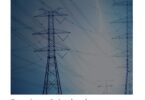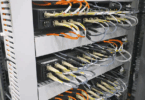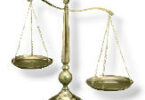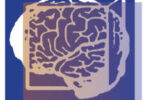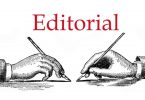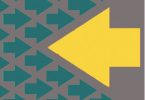By Marco C. Janssen, UTInnovation, the Netherlands
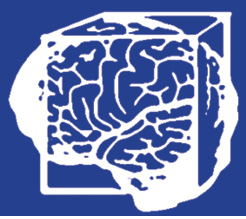
The new way of sharing information has led to new ways of learning and sharing knowledge yet also showed us some of the challenges with using these digital platforms.
In today’s society we have gotten used to always being connected and informed. Through social media, email, websites, TV and radio a constant stream of information is available to us and information is shared almost instantaneously. This new way of sharing information has led to new ways of learning and sharing knowledge yet has also showed us some of the challenges with using these digital platforms.
The examples regarding the use of fake news to destabilize societies, influence elections, and alter people’s perceptions and opinions has triggered a notion that not everything we receive through digital channels can be trusted. The recent introduction of advanced AI based chatbots has fueled a discussion on how to keep knowledge and information sharing in check and how to verify whether information being shared is truthful or not.
Although I am just as hooked on using social media platform as most of us, given its ease of access, its ability to help answer questions and the speed at which we can get informed about anything happening anywhere, I also long back sometimes to the times when paper was the source of information and manipulation of information was a much more laborious process. Although the dissemination of information was much slower and often limited to a specific geographic area, it also meant that we were less prone to information overload and fake news.
Education of people remains as important as ever and if we want to teach a new generation of humans how to advance in life, I think it is important to teach people using all the means available to us as teachers can be of any form, a human, a gadget, a mother, a friend, or an experience. However, at the same time, we should strive to teach based on the principle of sharing truths. These truths in my opinion should be based on scientific evidence and not merely on a belief or opinion summarized in catchy one-liners as we so often see on social media these days.
I have recently had the pleasure of launching my first book, which I wrote together with a longtime friend and colleague during the pandemic. The process of writing has shown me how easy it is to state opinions but how difficult it can be to base these opinions on facts and evidence. We for example, spent a lot of time debating on how to translate our multi-year experience into a book that we hope will help people navigate these turbulent times for power utilities. We went back and forth multiple times and forced ourselves to change the content of the book on multiple occasions so that it would not only reflect what we believe but to try an ensure that it is anchored in commonly accepted theories, models, and frameworks.
It is through this process that I have found that social media, no matter how easy and great it can be, also has a major flaw in that it allows anyone to vent an opinion without proper fact checking or contextualization. I often hear people state that this is not really an issue as everyone can post their views thus creating a 360-degree response possibility and therefore providing an auto correction mechanism for fake news.
However, the speed at which our society is polarizing based on fake news, partial truths and sometimes plain lies makes me believe that this autocorrect mechanism is not working properly as large amounts of people only read what they want to read and use any means to find support for what they believe is the truth without considering other options.
So how do we facilitate proper knowledge sharing allowing for theories to be questioned, our knowledge to be improved and opinions to be discussed and challenged without people getting offended? For me the answer lies in a simple process.
Always try to confirm the information that reaches you by using multiple independent sources to see if these sources point in the same direction. However, I do acknowledge that with the advances in technology in general and AI in particular, finding such sources may become harder every day.
Biography:

Marco C. Janssen is the CEO of UTInnovation LLC and the former Director of the Smart Grid PMO at the Dubai Electricity and Water Authority. He received his BSc degree in Electrical Engineering from the Polytechnic in Arnhem, Netherlands and has worked for over 27 years in the field of Smart Grid, Protection, Control, Monitoring, Advanced Metering Infrastructures, Distribution and Substation Automation. He was a member of IEC TC57 WG 10, 17, 18, 19, the IEEE PES PSRC and CIGRE B5 and D2 WGs. He was the convenor of D2.35 and editor of the Quality Assurance Program for the Testing Subcommittee of the UCA International Users Group. He holds one patent, has authored more than 58 papers, is co-author of four Cigre Technical Brochures and two books on Smart Grids and Electrical Power Substations Engineering and is the author of the “I Think” column in the PAC World magazine.



